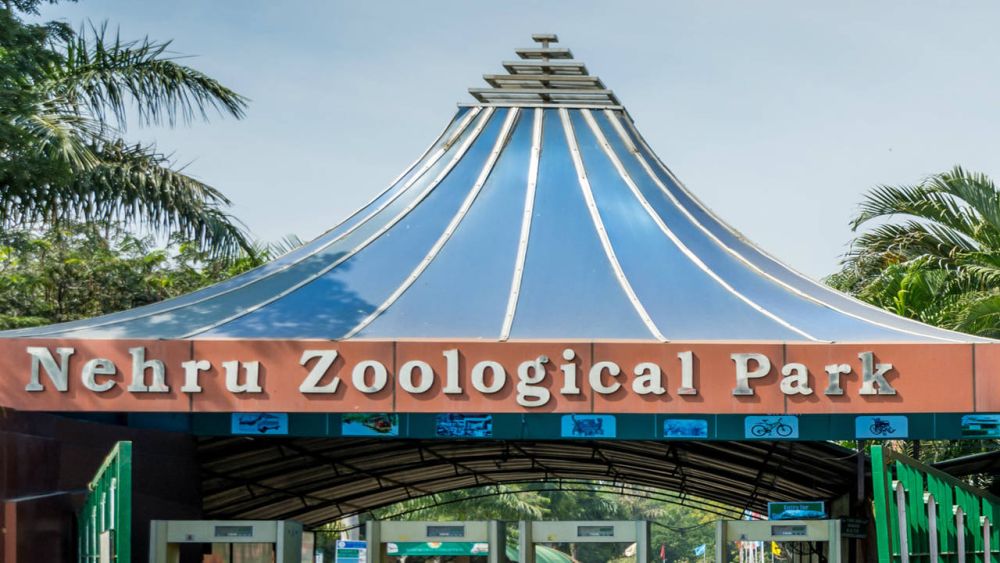

Established in the year 1963, Nehru Zoological Park in Hyderabad is one of India's most prominent and first zoos to be established. Named after Jawaharlal Nehru, the first Prime Minister of India, the zoo has been a significant place for recreation and wildlife conservation in the southern state of Telangana.
The inception of Nehru Zoological Park was driven by the idea of wildlife preservation and the education of the local population about the importance of conservation. Since its opening, the zoo has provided visitors with the opportunity to see a wide variety of animal species in environments that closely mimic their natural habitats.
Through the years, the zoo has grown in size and in the range of species it features. Today, it spreads over 380 acres and is home to nearly 1,500 species of birds, mammals, and reptiles. One of the key aspects of the Nehru Zoological Park that makes it stand out is its adoption of the open enclosure system, which provides a more natural living space for the animals.
Aside from being a tourist attraction, the zoo has taken a lead role in educating the public about wildlife conservation. It participates in various breeding programs for endangered species and serves as a rescue and rehabilitation center for injured and abandoned wild animals.
The Nehru Zoological Park has continuously adapted to include more attractions, such as a natural history museum and a children's train. With the addition of nocturnal houses, butterfly park, aquarium, and jurassic park, the zoo keeps broadening its appeal.
In recent years, there has been a surge in eco-tourism and responsible tourism practices. The Nehru Zoological Park aligns with these principles by offering experiences that are both environmentally friendly and educational. The authorities are also integrating digital tools such as QR codes to provide information about the animals, contributing to a more interactive visitor experience.
Like many tourist destinations, Nehru Zoological Park faced challenges during the COVID-19 pandemic, resulting in temporary closures to ensure public safety. However, the park re-emerged with necessary safety protocols and continued to attract visitors while ensuring the well-being of both the animals and the public.
Visitors today can enjoy well-maintained facilities, a variety of safari trips, and educational tours that cater to both school groups and wildlife enthusiasts. The zoo's commitment to conservation, along with its recreational offerings, makes it one of the most popular destinations for families and tourists in Hyderabad.
With a focus on sustainable tourism and wildlife conservation, the Nehru Zoological Park is poised to remain a significant landmark in Hyderabad's tourism landscape. The authorities are constantly innovating and introducing new ways to engage visitors, ensuring the zoo's reputation as a must-visit destination continues into the future.